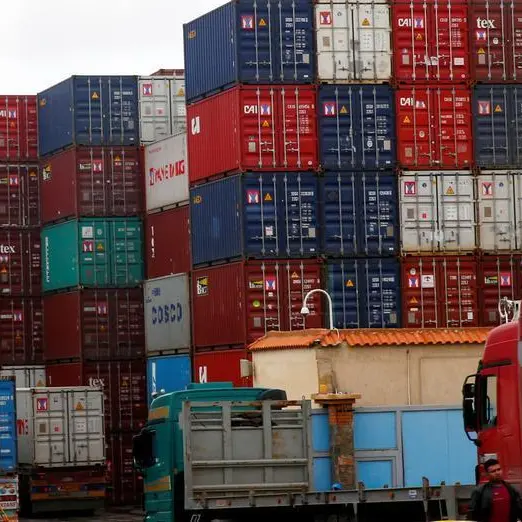Monday, Jun 22, 2015
DUBAI: The UAE and Saudi Arabia continues to witness growth despite lower oil prices. The UAE even recorded high levels of job creation during this period, according to Crédit Agricole Private Banking research report.
Quoting the latest PMI numbers the report said in the UAE, again new orders and new export orders reflected strong growth, while job creation hit a three-month high. The report notes that input costs rose contrasting with a slight decline of the output prices charged by companies.
“In this background, it is too early to infer from this latest change that a downward trend in the CPI indices has started. We can see that the UAE’s CPI [consumer price index] was +4.2 per cent year-on-year in April, which is the same as in Dubai where inflation can be an issue. Nevertheless, we can say that the UAE is yet to fully feel the pinch of the lower oil price across its relatively diversified economy in comparison to GCC peers”, said Paul Wetterwald, Chief Economist, Crédit Agricole Private Banking.
In Saudi Arabia too, output and new orders expanded but the rate of growth and pace of job creation eased somewhat during the month. The Kingdom’s headline PMI last month (57) was at its lowest level since May 2014. “Whilst the most recent data in the PMI series still depicts a growing non-oil private sector economy, our estimate of growth in Saudi Arabia is more conservative,” said Wetterwald.
The report said the recent softening of world food prices is likely to bring significant benefits to GCC consumers. “The FAO food price index in May 2015 was down 20.7 per cent year-over-year and 1.4 per cent month-on-month. Given the large weightage on food items in consumers’ baskets, this lower food price scenario will be positive for consumers in the GCC countries where most of the food requirements are imported from other places,” said Wetterwald.
But the report has warned that the benefit of lower food prices could disappear if extreme weather changes impact crops. “A strong El Niño would put the crops of some agricultural commodities at risk, leading to higher food prices during and after its occurrence,” he said
Staff Report
Gulf News 2015. All rights reserved.




















